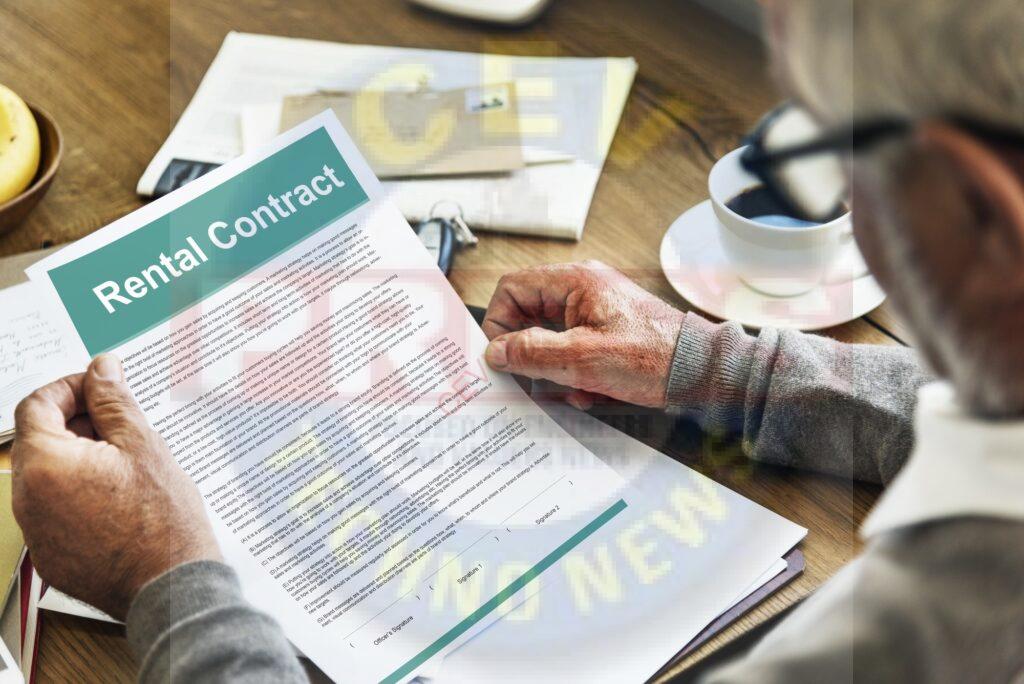ESSENTIAL LEASE PROVISIONS EVERY LESSEE SHOULD KNOW
Leasing property in India involves understanding various legal and financial provisions that can significantly impact tenants. Whether you’re renting a residential apartment or commercial space, being aware of these essential lease provisions is crucial for a smooth tenancy experience.
1. Rental Agreement vs. Lease Agreement
- Rental Agreement: Typically short-term (11 months) and renewable. It offers flexibility but lacks long-term security.
- Lease Agreement: Generally long-term (1-5 years or more). Provides stability but may involve stricter terms and conditions.
2. Rent and Security Deposit
- Rent: Clearly states the monthly or annual rent payable to the landlord.
- Security Deposit: Amount paid upfront as security against damages or non-payment of rent. In India, it’s often equivalent to 1-6 months’ rent.
3. Maintenance Responsibilities
- Defines who is responsible for maintaining and repairing the property, including fixtures and appliances.
- Specifies whether maintenance costs are borne by the landlord or tenant.
4. Duration and Renewal Terms
- Specifies the lease duration (start and end date).
- Conditions for lease renewal, rent escalation clauses, and notice periods for termination.

5. Use and Subletting
- Specifies how the property can be used (residential, commercial, etc.).
- Rules regarding subletting or allowing others to use the property.
6. Utilities and Services
- Clarifies which utilities (electricity, water, internet, etc.) are included in the rent.
- Responsibilities for paying utility bills and maintaining services.
7. Exit Conditions
- Terms for terminating the lease before the agreed-upon duration.
- Conditions for returning the security deposit, including deductions for damages.
8. Legal and Insurance
- Legal obligations and rights of both parties.
- Insurance requirements, especially for commercial leases, covering liabilities and damages.
9. Dispute Resolution
- Mechanisms for resolving disputes, including arbitration or legal action.
- Clauses regarding jurisdiction in case of legal proceedings.
10. Special Conditions
- Any additional clauses specific to the property or agreed upon by both parties.
- Examples include pet policies, parking rules, or alterations to the property.


